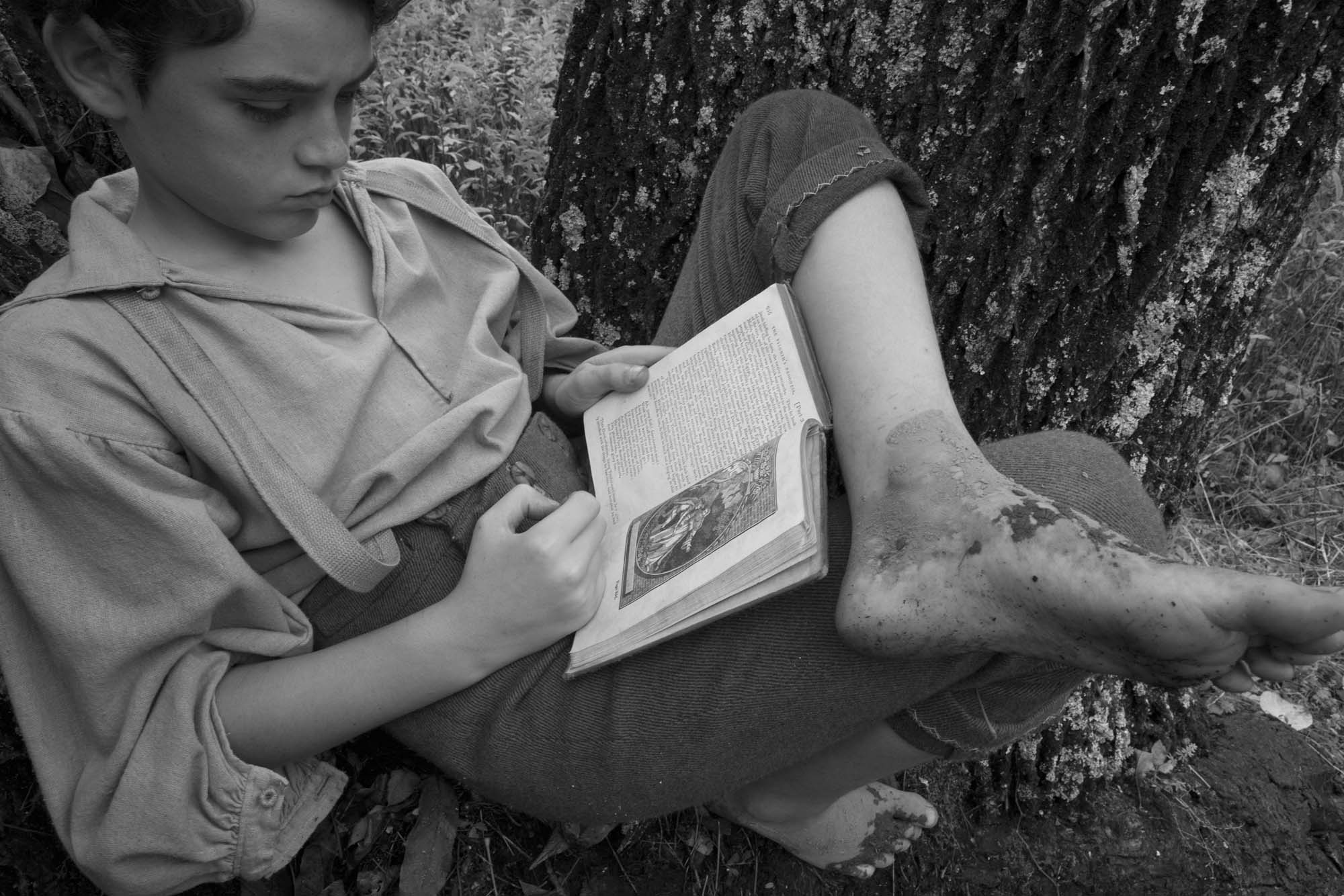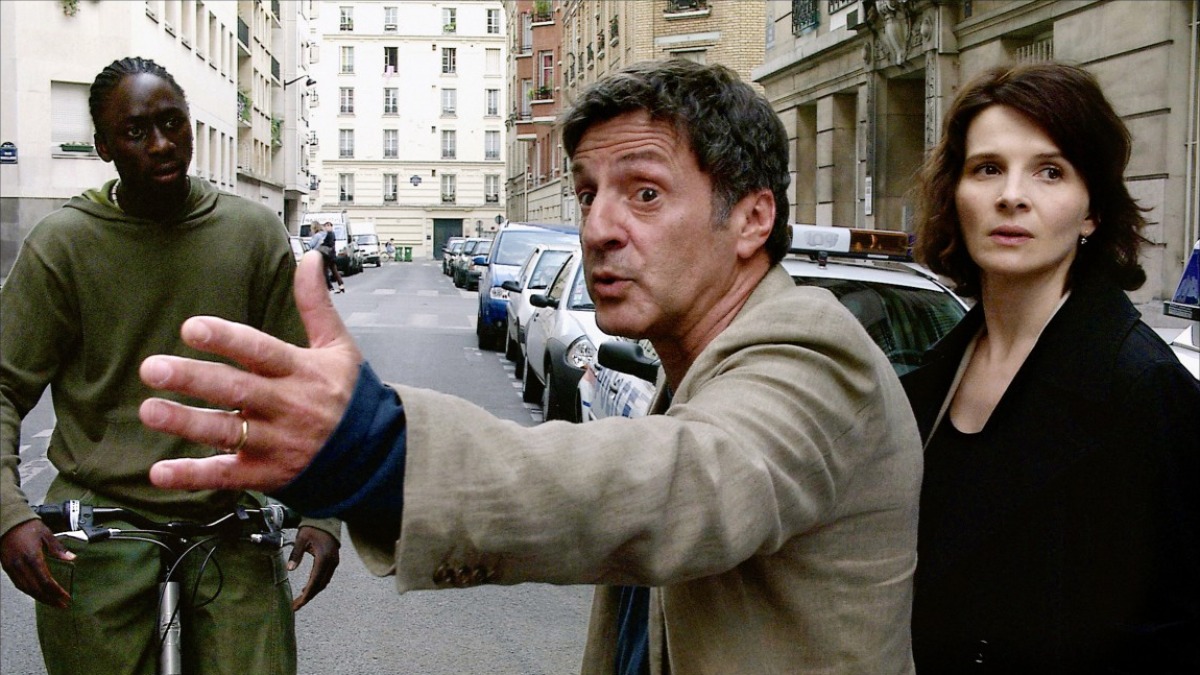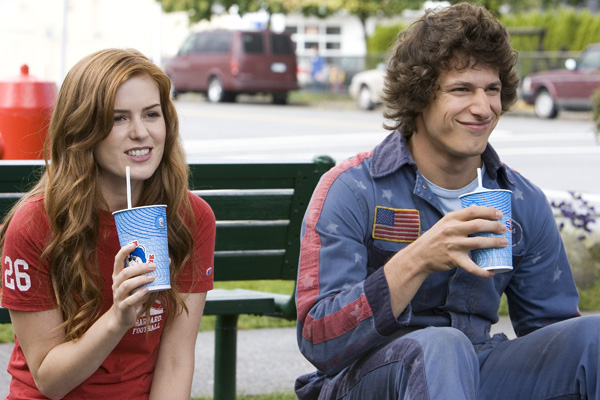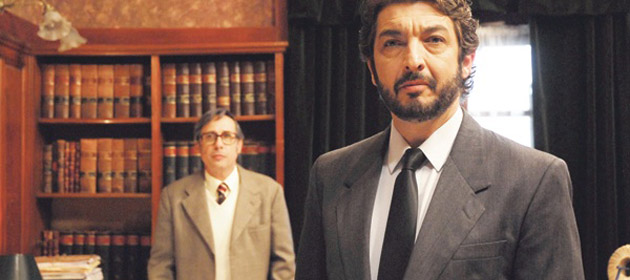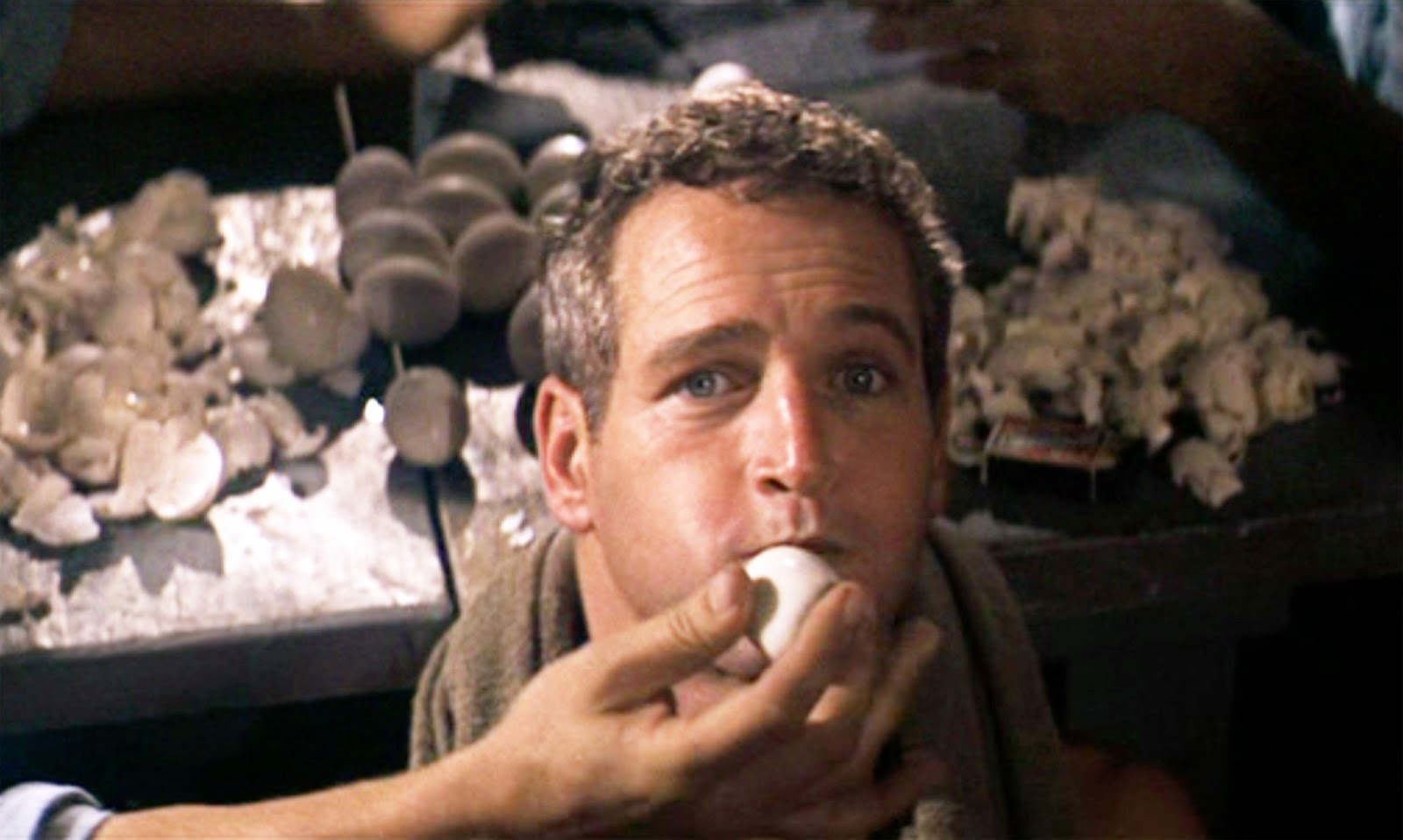7. Poetry (2010)
Poetry follows Mija (Jeong-hie Yun), an aging lady diagnosed with Alzheimer’s, as she tries to write poetry and right the wrongs committed by her disrespectful and criminal grandson. Her grandson, along with five other boys, repeatedly raped a young girl until she committed suicide. Their parents, along with the police and authorities at school, intend to cover up the crimes, pay off her family, and save face. This troubles Mija, though it’s hard to say just how much.
The film deals with a variety of issues, but I take its focus to be twofold: how can we understand and synthesize beauty, and how can we make right the wrongs of the past? The former is a question philosophy has dealt with for ages, from the casting out of poets in Plato’s Republic to Kant’s musings on the sublime.
The latter is a question that has arguably been the bane of mankind’s existence since the fall of man. Poetry does a phenomenal job of relating these two questions and offering an answer which, while not too comprehensive, satisfies both and places its emphasis on truth.
8. The Better Angels (2014)
The Better Angels is an interesting film following a young Abe Lincoln (Braydon Denney) as he faces trials and poverty in his youth in rural Indiana. Directed by A.J. Edwards and financed by Terrence Malick, it’s a Malick-styled film that holds more tightly to the plot and characters. Its focus is on the two women that Abe saw as angels, teaching him how to live in grace and to be true to his ideals: his mother and stepmother.
Much in the style of The Tree of Life, The Better Angels is a beautiful film examining virtue, morality, education, the protestant ethic, and faith. Moreover, it examines the familial relationship between a son and his parents, and even presents how an impressionable young boy can idolize his mother. If you want a glimpse into Lincoln’s childhood and the formation of his philosophy, this is a good (and truthful) way to get it.
9. Cache (2005)
Georges (Daniel Auteuil) is a TV show host who, despite his profession, manages to lead a quiet and mostly private life in Paris. Mysteriously, a series of tapes begin arriving at his door, which contain footage of him and seem to question events from his past.
Shortly thereafter, crude drawings are delivered with the cassettes, which seem to intimate threats to Georges and his family. Suddenly, his life is in jeopardy, and he has to go back and question every event and person from his childhood (including those he thought he would never see again).
Auteur Michael Haneke creates excellent suspense and ambiguity in Cache, and in so doing questions many things that are typically assumed about the past. What does it mean to be alone and to leave someone alone? If someone has inextricably altered another’s life for the worse, can the victim ever truly be left alone?
Finally, who deals out justice (which is the real question of life)? It never provides an answer, but just demands that its viewers take the time to parse out answers on their own.
10. Hot Rod (2007)
A brilliant comedy, Hot Rod follows Rod Kimble (Andy Samberg), an Evel Knievel style stuntman as he tries to raise money for his ailing step-dad’s surgery. Arcane, stereotypical, and predictable as it is, in between the hilarious jokes and awkward moments is a bit of daring depth. (SPOILER ALERT) Rod’s entire life is built upon a noble lie told to him by his mother.
The film raises the question of the right to lie, not as bluntly as Inglorious Bastards portrays the typical “Nazi at your doorstep” thought experiment, but in a more subtle and nuanced way. Is it okay to lie to your son (about his father) in order to motivate him or to encourage him? Well, if lying is wrong, then no, it absolutely isn’t.
Thus, the hyperbolic satire of Hot Rod is eerily accurate given the amount of lying that goes on in today’s broken families. Perhaps accidentally, this comedy hit on a bit of philosophical truth and came out with accurate social criticism.
11. The Secret in their Eyes (2009)
Benjamin Esposito (Ricardo Darin), a retired Argentinian Federal agent, is writing a novel about an old case he worked involving a brutal rape and murder. After 25 years of agonizing searches and interrogations, the case has gotten nowhere and the killer has never been found.
Desperate to complete the novel, Esposito relives much of the story and revisits the sights, uncovering a few hidden stones along the way. Sounds cliché so far, but here’s the twist: Ricardo Morales (Pablo Rago), the widower, has been living in isolation for 25 years bearing the guilt and loneliness of having lost his wife by himself.
Just as Esposito asks Morales, the film also asks viewers how one can find meaning in life, especially after so much has been taken away. Morales has no hopes of ever getting justice, and so it seems that so much of his life has been spent waiting around for no satisfaction. Esposito asks “how does one live a life full of nothing?” Morales’ answer is a bit disappointing, but the film’s question goes beyond its plot. Are there other sources of meaning beyond the relationships we have in life? I’d like to think so.
12. Cool Hand Luke (1967)
Luke Jackson (Paul Newman) is serving on a chain gang thanks to a drunken mishap, and is refusing to play by the rules. He bucks the system, escapes from time to time, and just refuses to listen to reason or authority. After mocking God one day he receives a letter that his mother has died, and suddenly the real hubbub begins.
Despite its charm and seeming simplicity, Cool Hand Luke is not a straightforward film. It features Christian allegories (with Luke as, you guessed it, Christ), questions of justice and retribution, and it is centered on the issue of free will. Luke is a free spirit, one that cannot be tamed by any system, and he often seems rebellious to the point of just trying to do what is inconvenient for himself and everyone else.
The film asks, is submission necessary for redemption or justice? Moreover, can this submission be physical and temporal, or must it be spiritual too? Although painful, Cool Hand Luke’s ending offers an adequate response to the demands of true justice.
Author Bio: Ben Wilson is a recent graduate of Yale College, where he studied Philosophy and Political Science. A film buff and addict, he views film as the proper medium for philosophy in the 21st century.

